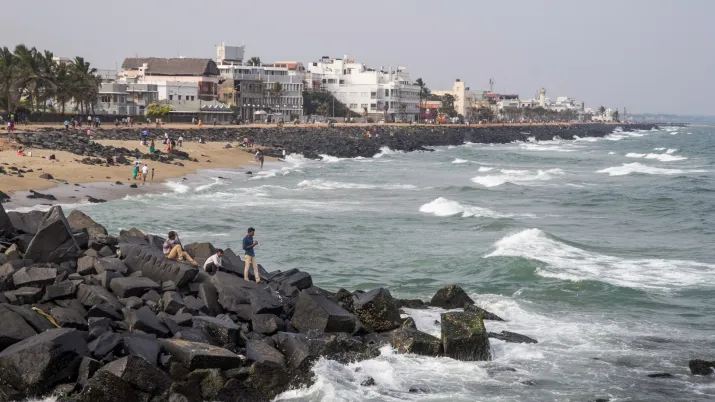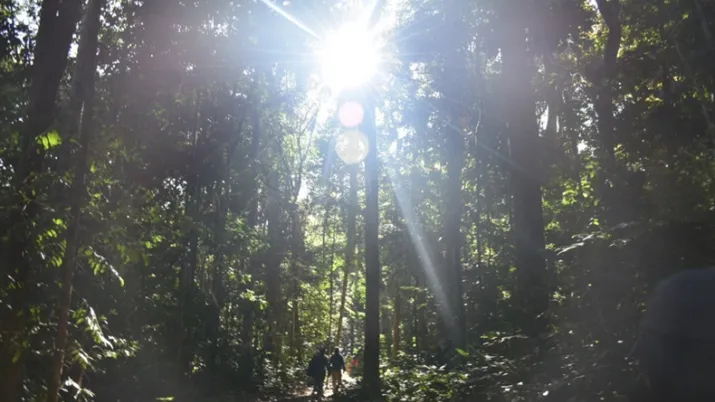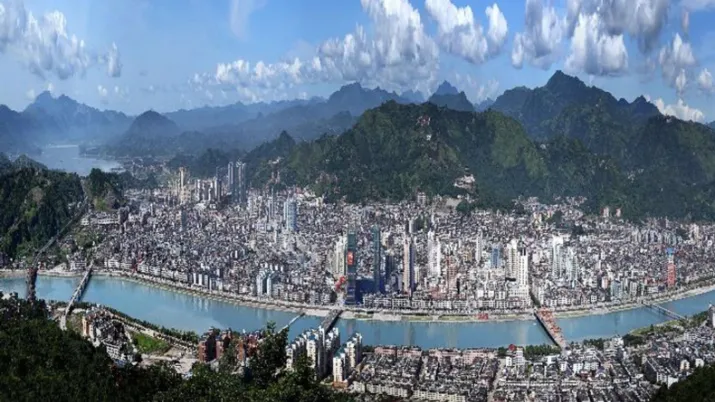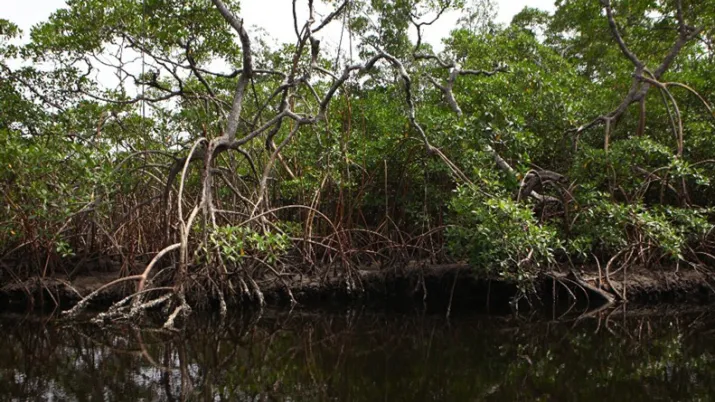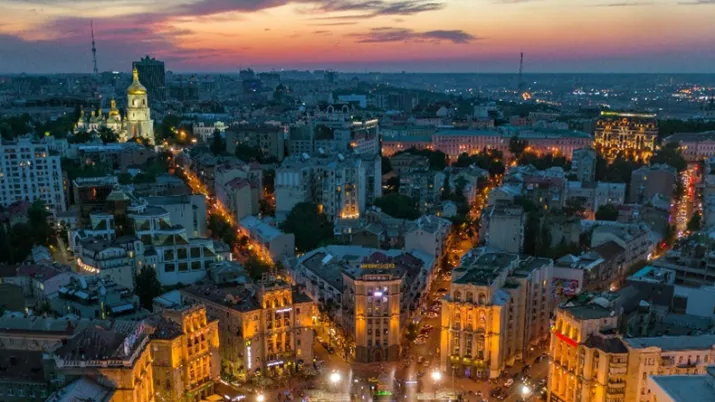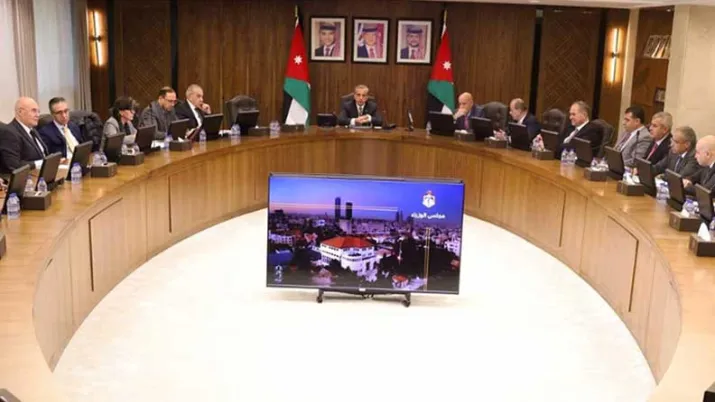Share the page
Forest and Biodiversity conservation in Rajasthan
Project
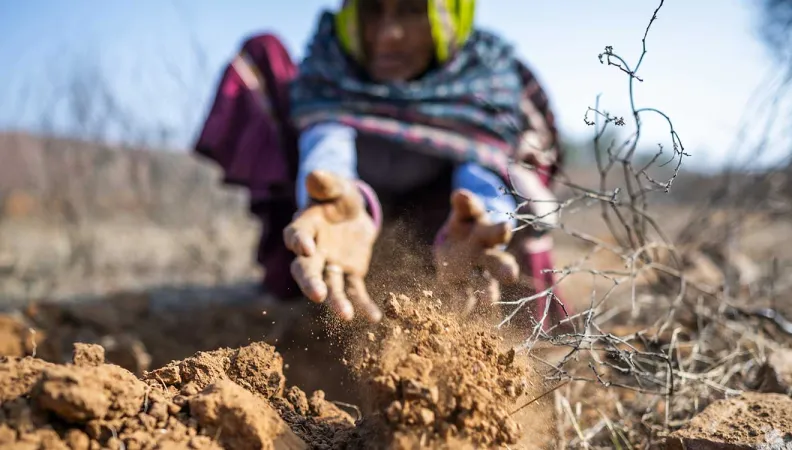

-
Project start date
-
Status
Ongoing
-
Project end date
-
-
Project duration
-
8 ans
-
AFD financing amount
-
€ 140 000 000
-
Country and region
-
Location
-
Rajasthan
-
Type of financing
-
Beneficiaries
-
Republic of India
Forestry and Biodiversity Development project supported by AFD in 13 districts of Eastern Rajasthan.
Context
India is home to 8% of the mammal species recorded in the world, covering an area equivalent to only 2.4%. The forest covers 79 million hectares.
Rajasthan is the largest state by area (geographical area of 342,200 km²) and 7th largest by population (68.5 million), mostly rural. Under the Köppen climate classification the greater part of Rajasthan falls under Hot Desert and remaining portions of the state falls under Hot Semi-Arid; the climate of the state ranges from arid to semi-arid. Rajasthan receives low and variable rainfalls and thereby is prone to droughts.
Rajasthan is home to a variety of fragile ecosystems in a primarily dry deciduous forest, facing a wide range of threats, including erosion, land degradation, drought, deforestation and invasive species. The rural communities are agrarian and have little access to employment opportunities.
Rajasthan has extensive donor experience, since 2004, Rajasthan has successfully led two ambitious programs (afforestation, soils and water conservation, community development) with the JICA. This project is a continuation of these successful activities.
Description
The purpose of this project is to improve the overall ecological balance in the State of Rajasthan, by supporting the protection of endemic and the restoration of endangered plant species; implementing biodiversity conservation measures inside and outside of protected forest areas in the Eastern region of Rajasthan; and empowering the Forest Department to implement sustainable and climate responsive forest management and wildlife conservation.
The project covers 13 districts of Rajasthan and has 5 components:
- Forest plantations and restorations;
- Erosion control and soil moisture conservation;
- Biodiversity management and creation of ecological corridors;
- Local development and community support;
- Institutional support to the Rajasthan Forest Department (RFD).
Among the innovative activities of the AFD-funded project:
- Support for the ecological protection of the Orans (sacred groves);
- Development of micro-reserves to protect endemic species;
- Community awareness of climate change and social inclusion;
- The creation of an ecological corridor allowing eventually the circulation of tigers between Rajasthan and the neighbouring state of Madhya Pradesh;
- Support to the forest department (fight against climate change, management of wetlands, monitoring of ecosystems, and development of ecotourism).
Impacts
At the end of the project, there will be 72,000 ha reforested and 30,000 ha restored, improvement in soil moisture and ground water level, management of wildlife conflicts, creation of wildlife corridors and improvement of climate resilience by specific studies on the adaptation of species to climate change.
The project will contribute largely to the social anchorage by skill development trainings and providing alternative livelihoods to over 600 forest development communities .At the institutional level, the project will support the promotion of sustainable management of forests and wetlands, improve governance of protected areas, public awareness of climate change and social inclusion, and promote Franco-Indians partnership in the service of the Indopacific strategy.




